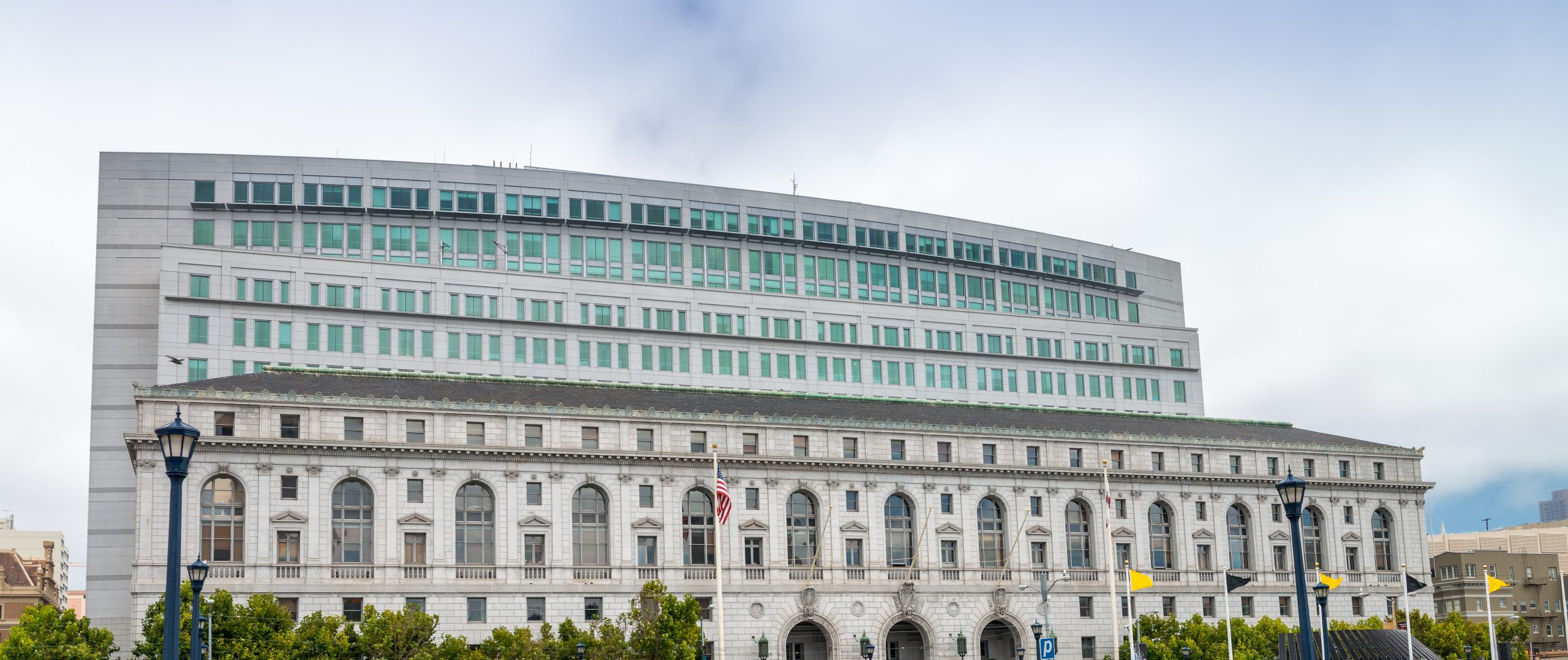Looking to kick-start housing production in San Francisco, Supervisor Ahsha Safaí recently introduced legislation that would significantly reduce the city’s transfer tax rate – a fee imposed by the city on real estate transactions – for certain residential projects that satisfy a detailed set of preconditions.
Specifically, the proposed tax cuts would apply to rental residential projects (including those subject to a recorded condominium map) that meet the following criteria:
- Include no less than 12% affordable on-site units, calculated by excluding any permitted density bonus units.
- Receive a Certificate of Final Completion and Occupancy (“CFCO”) on or after June 3, 2014.
- Used/Use 100% union labor.
- At least one year before and through the date of the transfer, collectively have a minimum of $25 million in investment from union pension fund(s).
If passed, the legislation would lower transfer taxes from 5.5% to 3% for qualifying properties valued between $10 million and $25 million, and from 6% to 3% for properties worth more than $25 million. For qualifying properties that received a CFCO prior to the ordinance’s passage, the reduced transfer tax rate would expire on June 30, 2029. Applicable projects that are issued a CFCO after the passage of the ordinance would be able to capitalize on the reduced rate through December 31, 2033.
The value brackets that the ordinance targets likely mean the tax cuts will primarily apply to mid- to large-scale residential projects. Projects such as 100 Van Ness Avenue, 99 Ocean Avenue and 101 Polk Street would appear to be within the qualifying group of projects that could avail themselves of the tax benefit if the ordinance were to pass and those properties brought to market.
Notably, Supervisor Safaí’s proposed legislation is only made possible through the passage in March of Prop. C. In addition to allowing a one-time transfer tax exemption for owners of properties converted from commercial to residential use the first time they are sold following conversion, that tax measure also authorized the Board of Supervisors to amend, reduce, suspend or repeal (but not increase) the transfer tax without voter approval.
Supervisor Safaí, who is running for mayor, looks to capitalize on this authority, saying that reducing the tax rate could create an incentive for owners that have been on the sideline, waiting for a more favorable economic environment before bringing their properties to market.
San Francisco’s transfer tax rates shifted mightily at the turn of the decade and has since been a hot-button issue for owners and investors alike. In 2020, San Francisco voters approved Prop. I, which doubled the transfer tax from 3% to 6% on the sale of properties over $25 million, and from 2.75% to 5.5% on deals worth between $10 million and $25 million. The city’s Controller’s Office at the time projected that the measure could increase city revenue by $196 million per year on average. While the tax generated $520 million in fiscal year 2021-22, transfer tax revenue plummeted in fiscal year 2022-23 to $186 million. With historically high vacancy rates for commercial properties, dramatically higher interest rates, and a general decline in deal volume and aggregate sales prices across all property types in the city since 2021, the gross revenue from transfer taxes for fiscal year 2023-24 may yet fall further.
It is unclear if the proposed legislation would materially swing the tide in increasing transfer tax revenues for the city. On balance, the ordinance would be a step in the right direction towards promoting new residential deals and investment to help generate much-needed housing production. It will certainly make it easier to finance qualifying projects. Yet, with tens of thousands of residential units currently approved but not financeable, it can be argued that the ordinance – with its narrow scope and 5- to 10-year sunset provisions – does not go far enough to provide the spark that will begin the thaw of an otherwise frozen housing pipeline.
If you have any questions or would like to discuss this proposed legislation or existing transfer tax rates, please contact Michael Corbett from Reuben, Junius & Rose, LLP, at (415) 567-9000 or mcorbett@reubenlaw.com.
Authored by Reuben, Junius & Rose, LLP Attorney, Michael Corbett.
The issues discussed in this update are not intended to be legal advice and no attorney-client relationship is established with the recipient. Readers should consult with legal counsel before relying on any of the information contained herein. Reuben, Junius & Rose, LLP is a full service real estate law firm. We specialize in land use, development and entitlement law. We also provide a wide range of transactional services, including leasing, acquisitions and sales, formation of limited liability companies and other entities, lending/workout assistance, subdivision and condominium work.



